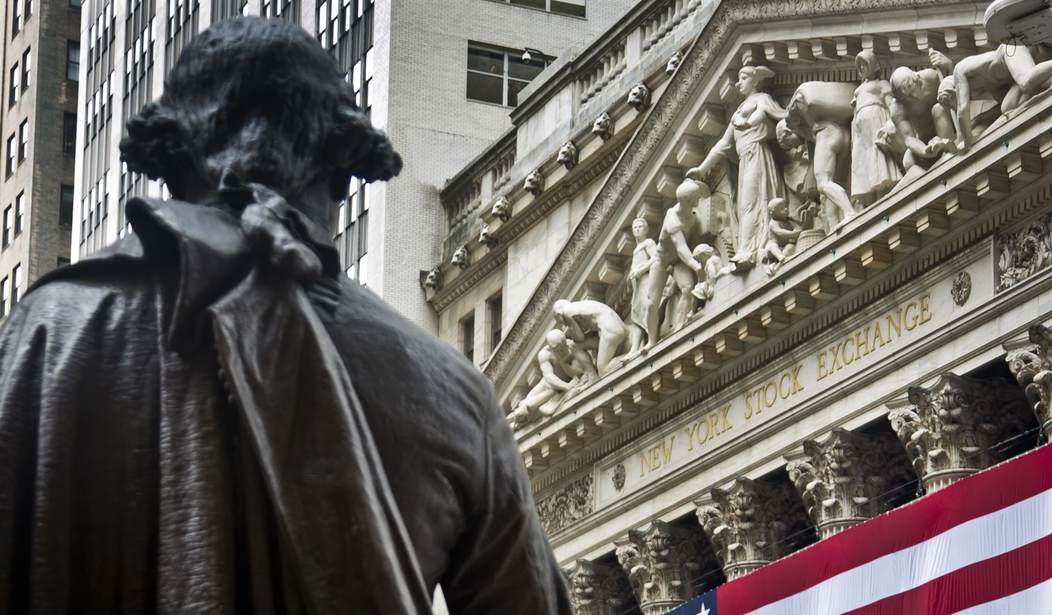Today, Feb. 22, is George Washington’s birthday. In 1732, Virginia planters Augustine and Mary Washington had a little boy who would grow up to be one of the greatest men in history, the indispensable man in the American Revolution, the first U.S. president, and the father of his country.
In honor of Washington’s birthday, I want to share an interesting story of how a Native American Indian chief told Washington that he seemed protected by God and would one day be the “chief of nations.” This “Indian Prophecy” bore remarkable fruit when, only a few years later, Washington led the Continental Army and later the new nation born from that struggle.
To understand the prophecy, however, it is necessary to know a few facts about the Battle of Monongahela. The Battle of Monongahela occurred on July 9, 1755, during the French and Indian War (1754-1763). British Gen. Braddock’s forces were trying to clear the way for British soldiers to pass through in the future when attacked by the French and their Native American Indian allies. After several hours, Braddock himself was mortally wounded and his troops were only saved from total destruction by a young colonial officer, George Washington. Washington had already distinguished himself at the start of the war when the 21-year-old volunteered for a mission on behalf of Virginia’s British Lt. Gov. Dinwiddie deep in the middle of Ohio Country in winter. Now, in July 1755, the young aide-de-camp immediately took charge when his commanding officer, Braddock, fell.
The carnage was sobering. No fewer than 977 (including 63 officers) of the 1,459 men of Braddock’s expedition were killed or wounded. Washington, who at more than six feet tall and as acting commander was a likely target, somehow came through completely unscathed. “I luckily escap’d with[ou]t a wound, tho’ I had four Bullets through my Coat, and two Horses shot under me,” Washington later told his mother. It is a remarkable and miraculous fact that George Washington, though he spent a good deal of his life leading troops into battle, and though he was famous for often going without care for himself to the thick and front of the fight, was never wounded in those battles. No wonder his contemporaries believed Providence guarded him.
Fifteen years after the Battle of Monongahela, Washington again met with some of his foes from that battle, but this time in peace. George Washington’s personal physician, Dr. James Craik, described the event of the Indian Prophecy more than once as he personally witnessed it, and the event was also related by Martha Washington’s grandson, George Washington Parke Custis.
The British government promised their soldiers from the French and Indian War parcels of land, but the men then had to go claim the land. Washington, Craik, and some other soldiers traveled into Ohio Country in October 1770 to secure “prime real estate” near the Kanawha River. While there, Washington and his comrades encountered a group of Native American Indians who “considered Washington to be the hero-in-defeat at the Battle of Monongahela.” It is unclear to what tribe they belonged, but it could have been the Mingo, the Delaware, or the Shawnee.
The colonials and the natives had dinner together. During that meal, the chief or sachem “recalled in great detail to Washington what transpired from his point of view on the day of Braddock’s Defeat fifteen years earlier.” The sachem said that, naturally, having been French allies, they had aimed to kill Washington as they had killed Washington’s commanding officer Braddock. Newt Gingrich said at AmericaFest in December 2022 that the sachem declared that he personally shot at Washington no fewer than thirteen times. Yet, as mentioned above, while his fellow British soldiers dropped in scores around him, Washington was uninjured. This fact greatly impressed the sachem, and caused him to predict Washington’s exceptional future.
The chief believed that the Great Spirit had preserved Washington, and so predicted to the latter that “he will become the chief of nations, and a people yet unborn, will hail him as the father of a mighty empire!” Custis said in his memoirs that Washington’s ego was remarkably not inflated by this extraordinary prediction, but it did come true. As the sachem had foreseen, Washington led the American revolutionaries to victory a few years later and then led the political birth of America as he had led its military one.
As the native chief observed, God protected George Washington so that he could eventually ensure the birth of America as the father of our country.










Join the conversation as a VIP Member